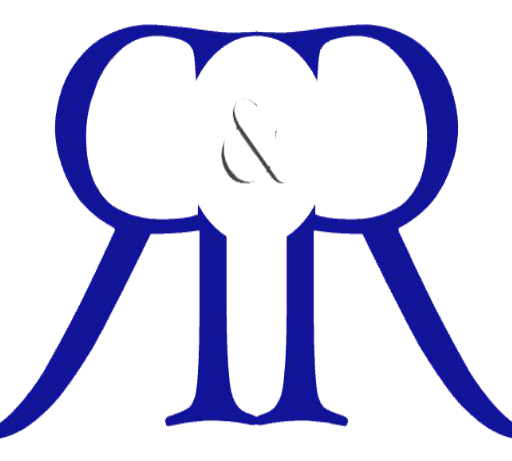What the 2021 Tax-Filing Season Could Mean for your Business
The last year has obviously been unique and often challenging. Almost everything in the world seemed to change in 2020, so it makes sense that filing income taxes has changed as well. If you are filing your 2020 business income taxes, it’s important to understand what changes may have occurred and to recognize how they may affect your business.
When Are 2020 Small Business Taxes Due?
Last year, the tax filing deadlines were extended for many due to the pandemic. However, this year the Canada Revenue Agency has not said anything about an extension. Therefore, it is very likely that your 2020 return will be due when returns are typically due in other years.
Due dates for Canadian business tax returns depend on how your business is structured as well as when your fiscal year ends. If your small business is a sole proprietorship or a partnership, you have until June 15th to file your return. However, if you owe taxes, you must pay by April 30th to avoid penalties.
When are Corporate Tax Returns Due?
For most corporations, income taxes must be filed within six months of the end of the company’s fiscal year. However, if you owe taxes, they must be paid within two months of the end of the company’s fiscal year (three months if the corporation is a Canadian-controlled private corporation with an annual income of less than $500,000). This remains unchanged from previous years.
COVID-Related Programs That Could Affect your Business
Several programs were introduced in 2020 to help businesses deal with the changing landscape caused by COVID-19. Some of these programs include:
- The Canada Emergency Business Account (CEBA)
- Small businesses that face financial hardships due to COVID-19 can receive interest-free loans from the federal government. If these loans are repaid by December 31, 2022, a portion of the loan is forgiven.
- The Canada Revenue Agency (CRA) has indicated that the amount that is forgivable is taxable in the year that the loan is received.
- If the remaining loan is repaid by December 31, 2022, there are no other tax implications.
- The Canada Emergency Wage Subsidy (CEWS)
- Employers who experienced a drop in revenue due to COVID-19 could apply to receive a subsidy to cover part of their employee wages.
- The CEWS must be included as taxable income on your income tax return.
Getting through the 2021 Tax-Filing Season
While this will certainly be a different tax year, some aspects of filing your taxes remain the same. One of the most important parts of filing your taxes in any year is being prepared and proactive. This is even more important this year. Since the year has been challenging for many businesses, and since tax changes could make filing income taxes more difficult than in the past, making sure you have detailed financial records is important.
Not only should you ensure that you have your financial matters in order, but you may also want to get started on your taxes earlier. This is because the process could be longer or more complicated this year. At Ralevic & Ralevic LLP, our partners keep up to date on current tax developments and assist businesses with a wide range of complex tax matters. Find out more about our tax services or contact us today to learn more about how we can help.









